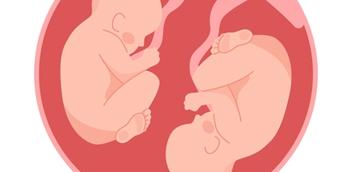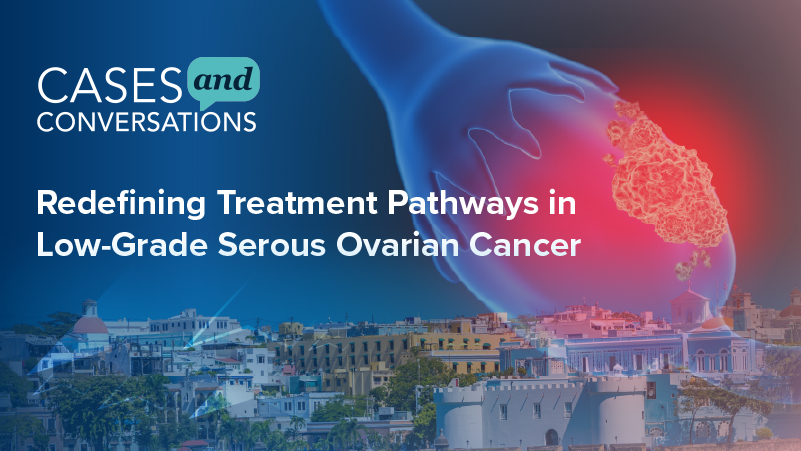
Expert panel develops criteria for COVID-19 placental infection
NIH recently convened an expert panel to develop standardized criteria to define placental COVID-19 infection.
The National Institutes of Health and the Eunice Kennedy Shriver National Institute of Child Health and Development recently convened a panel of experts to develop recommendations that would further inform ongoing studies of
Until now, researchers have used a variety of methods to diagnose placental COVID-19 infection, which made it difficult to interpret and compare results across studies and establish definitive evidence about its risks. As a result, a virtual panel of experts in obstetrics, virology, placental pathology, infectious disease, immunology, and molecular biology recently determined new standardized criteria.
The recommendations, published in the
The experts recommend the following detection methods:
- In-situ hybridization with anti-sense probe, which detects replication; and/or
- A sense probe, which detects viral genome; or
- Immunohistochemistry, to detect viral nucleocapsid or spike proteins.
The experts advised that the most scientifically rigorous technique available should be used. Depending on which approach is used, the likelihood of COVID-19 placental infection can be classified as follows:
- Definite: Evidence of active replicating virus with location in the placentla tissues
- Probable: Evidence of viral RNA or protein located in placental tissues
- Possible: Evidence of viral RNA in placental homogenates or viral-like particles by electron microscopy in placental tissues
- Unlikely: No evidence of any of the above
- No testing: No testing done
Scientific papers reporting on placental COVID-19 infection should include the sampling method (location and number of samples collected), time from delivery and method of sample preservation, and detection technique. Other important issues to include are the timing of the maternal infection in relationship to delivery, maternal disease severity, and the strain of the virus, if known.
Reference
- Roberts DJ, Edlow AG, Romero RJ, et al. A standardized definition of placental infection by severe acute respiratory syndrome coronavirus 2 (SARS-CoV-2), a consensus statement from the National Institutes of Health/Eunice Kennedy Shriver National Institute of Child Health and Human Development (NIH/NICHD) SARS-CoV-2 placental infection workshop. American Journal of Obstetrics and Gynecology DOI:
10.1016/j.ajog.2021.07.029(link is external)
Newsletter
Get the latest clinical updates, case studies, and expert commentary in obstetric and gynecologic care. Sign up now to stay informed.










